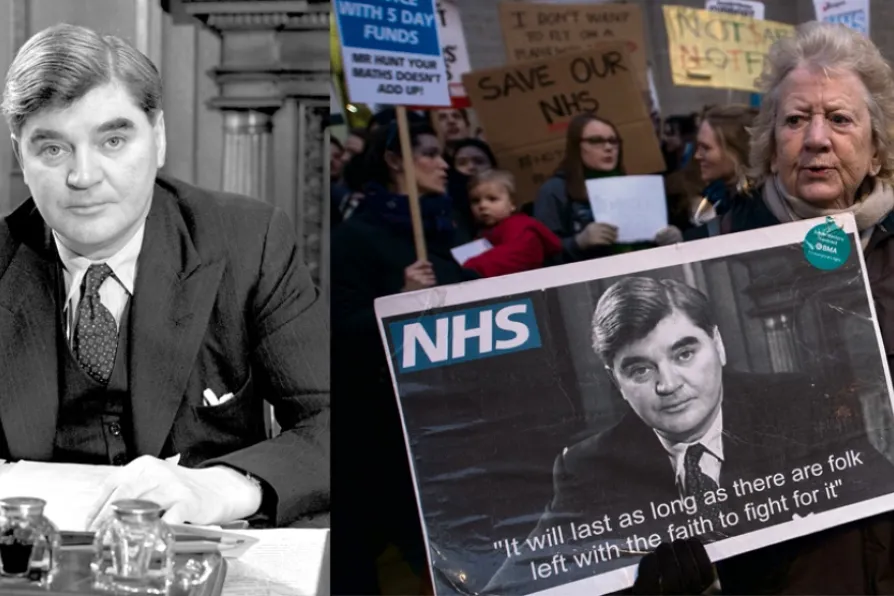Corbyn’s intervention exposes a corrupted system, writes CLAUDIA WEBBE

 Aneurin Bevan: the inspiration
Aneurin Bevan: the inspiration
EVERYDAY life in the US: a baby falls and hits his head. The family take him to the emergency room. The staff say he is fine, allow him a nap, feed him some formula milk and send him home: bill $18,000.
An angry insured person tweets giant insurance corporation Cigna to ask why they had declined authorisation for an operation requested by her neurosurgeon.
Investigative journalists reveal colossal payments by pharmaceutical companies to influence prescribing habits of doctors, with $9.15 billion paid to 905,000 doctors and 1,216 teaching hospitals over three years.

When privatisation is already so deeply embedded in the NHS, we can’t just blindly argue for ‘more funding’ to solve its problems, explain ESTHER GILES, NICO CSERGO, BRIAN GIBBONS and RATHI GUHADASAN













